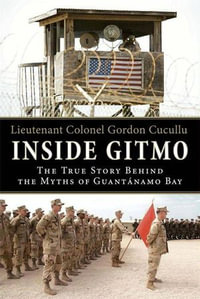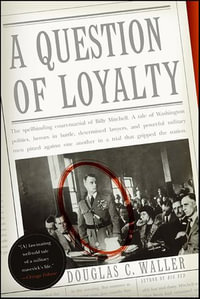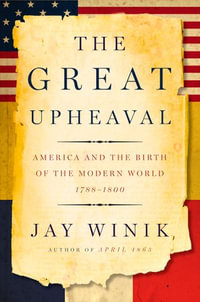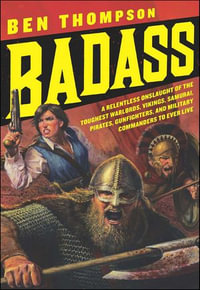A deep dive into the events and decisions that led to the Axis powers going to war against America, using German, Japanese and Italian sources.
Why did Axis countries go to war against America? Given America's industrial base, what was the rationale that underpinned their decision? This new analysis by a seasoned intelligence officer, based mainly on German, Italian, and Japanese sources, offers a "red team exercise," taking the viewpoint of the leaders of the Axis powers, looking at the build up to their war against America, and the course of the war itself. It identifies the moments when their leaders realized America and its American-supplied Allies were going to beat them.
It covers Japanese thinking about America and its other strategic rivals from the time of the Russo-Japanese war, because the Imperial Japanese Navy picked the US Navy as its notional enemy in 1907. It devotes serious attention to Japan's war in China, because its inability to beat the Nationalists was the reason the Japanese made decisions that led to war against the United States. Ironically, fear of bombing from bases in China completely hijacked strategic decision-making on China and drove all Japanese offensive late in the war.
The coverage of Germany starts with Hitler's early views of America in the 1920s. Hitler put so little thought into declaring war that the High Command had not been treating America as an enemy and had little intelligence on which to assess its war policy. The main new sources are OSS reports and memos from MI-6 Chief "C" to the Foreign Office. MAGIC also contains intercepted cable from the Japanese missions in Europe, including meetings with Hitler. The coverage of Italy is largely derivative of its relationship with Germany, as was the reality. Italian Foreign Minister Count Galeazzo Ciano de Cortelazzo foresaw a massive conflict that would ruin Italy, but Mussolini in the end called the shots. Fortunately, the Germans had Ciano's diary translated onto German, which survived destruction thanks to a secretary who buried it rather than burn it as ordered, so preserving a great source inside the Italian leadership and inter-Axis relations.

























